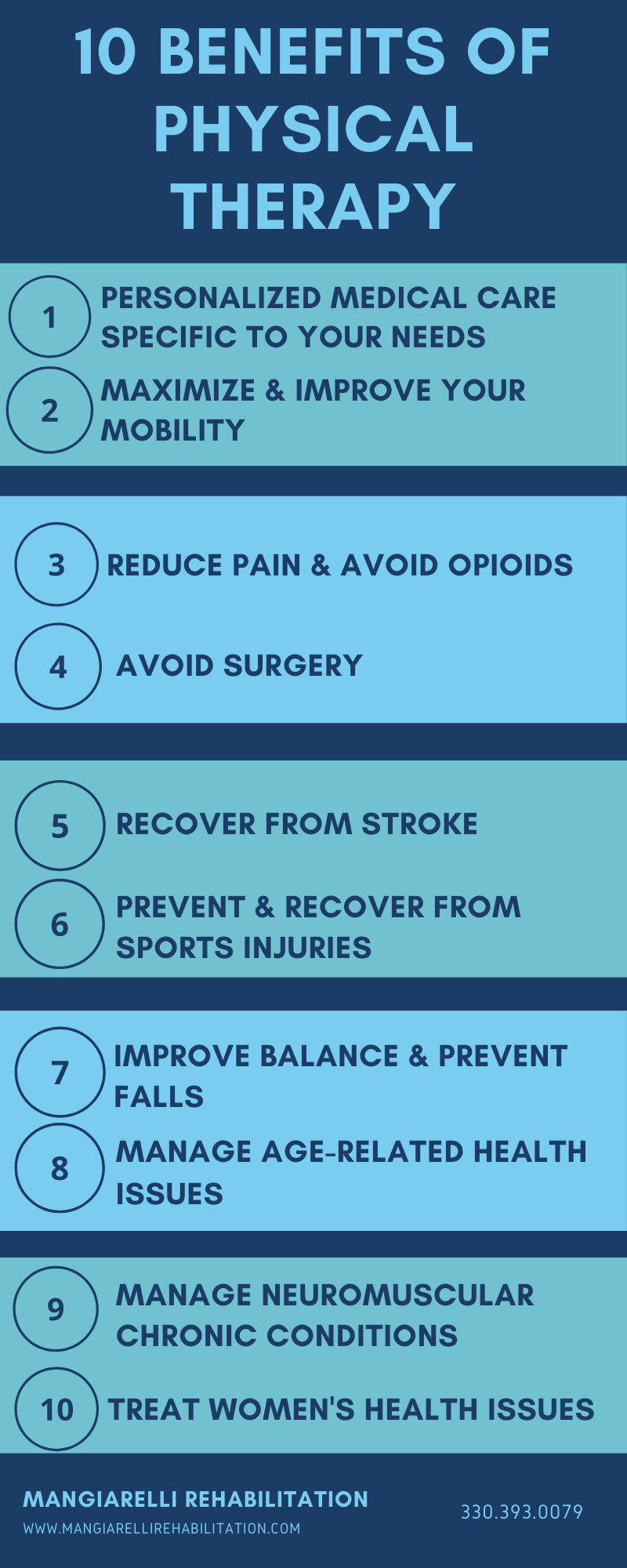All about Narconon Africa
All about Narconon Africa
Blog Article
The Best Guide To Narconon Africa
Table of ContentsRumored Buzz on Narconon Africa4 Easy Facts About Narconon Africa ExplainedThe smart Trick of Narconon Africa That Nobody is Talking AboutGetting The Narconon Africa To WorkThe Facts About Narconon Africa RevealedNot known Details About Narconon Africa The Basic Principles Of Narconon Africa
In a series of documents with Manudeep Bhuller and Katrine V. Lken, we get over these data challenges and the nonrandomness of imprisonment, supplying brand-new understandings into how imprisonment impacts recidivism, work, children, and criminal networks - Rehabilitation facility South Africa. Figure 1 Our work researches the effects of incarceration in Norway, a setup with two crucial advantagesWe can better link this info to other member of the family, including youngsters and brother or sisters. We have details on co-offending that permits us to map out criminal networks for observed crimes. Second, we can take advantage of the random task of criminal cases to judges that vary in their tendencies to send out accuseds to prison.
Some judges send defendants to jail at a high price, while others are a lot more tolerant. We determine a judge's stringency as the average incarceration rate for all other cases a court handles, after controlling for court and year set results, which is the level of random task. This quasi-random task of judge stringency can be used as a tool for imprisonment, as it strongly forecasts the court's decision in the existing situation, but is uncorrelated with various other situation attributes both deliberately and empirically.
Some Ideas on Narconon Africa You Need To Know
Characteristics of detainees, consisting of demographics and crime classifications, are broadly similar in Norway and various other countries, consisting of the United States, with the exemptions that the US murder rate is much higher, and race plays a bigger function there too. What stands out as various, especially compared to the USA, is the prison system.
Number 2In Norway, the average time spent in jail is a little over six months, which resembles most various other Western European nations. This contrasts with ordinary United States prison time of practically 3 years, which remains in large component the factor the USA is an outlier in its incarceration rate compared to the remainder of the world [Figure 1]
More About Narconon Africa
This offers much more splitting up in between minor and hardened criminals than exists in the USA. There is no congestion in Norwegian jails and far better individual security, with each detainee being designated to their own cell and a greater inmate-to-staff proportion than in the USA (https://justpaste.it/c5vsk). Jails in Norway additionally provide well-funded education and learning, drug therapy, mental health and wellness, and task training programs
Our research on the impacts of imprisonment on the transgressor, making use of the random project of courts as an instrument, yields three essential findings. Imprisonment dissuades additionally criminal behavior. We discover that incarceration reduces the possibility that an individual will reoffend within five years by 27 portion factors and lowers the equivalent variety of criminal charges per individual by 10 charges.
The Best Guide To Narconon Africa
We find large declines in reoffending possibilities and advancing charged crimes also after defendants are launched from jail. Our 2nd result is that prejudice because of choice on unobservable private qualities, if ignored, causes the erroneous verdict that time invested in jail is criminogenic. If we just contrast criminal defendants imprisoned versus those not imprisoned, we locate favorable organizations between imprisonment and succeeding criminal offense.
This stands in comparison to our evaluation based upon the random assignment of judges, which discovers an opposite-signed outcome. Third, the decrease in criminal offense is driven by individuals that were not working before incarceration. Amongst these people, jail time increases involvement in programs directed at enhancing employability and reducing recidivism, and this inevitably raises work and profits while preventing criminal actions.

Imprisonment creates a 34 portion factor increase in involvement in work training programs for the previously nonemployed, and within 5 years their work rate boosts by 40 percent points. At the exact same time, the likelihood of reoffending within five years is cut by 46 percent points, and there is a decline of 22 in the average variety of criminal charges.
Unknown Facts About Narconon Africa

A plausible explanation for the difference is that Norway's jail system differs considerably, both in terms of prison-term size and prison problems, from the United States jail system. While recognizing the impacts of incarceration on the culprit is a crucial primary step, recording spillover impacts is also vital for assessing criminal justice page plan and creating reliable jail systems.
Narconon Africa Fundamentals Explained

Average least squares estimates disclose that children of incarcerated dads are 1 percent factor more probable to be billed with a crime, about a mean of 13 percent, and reveal no result on college grades. Using our judge stringency instrument, we discover no analytical evidence that a daddy's incarceration impacts a kid's own criminal offense or school grades, yet we are not able to dismiss modest-sized effects.
Narconon Africa Things To Know Before You Buy
We define criminal teams based on network links to previous criminal cases. When a criminal network participant is jailed, their peers' chance of being billed with a future criminal offense decreases by 51 portion points over the following four years - https://www.mixcloud.com/narcononza12/.
Report this page